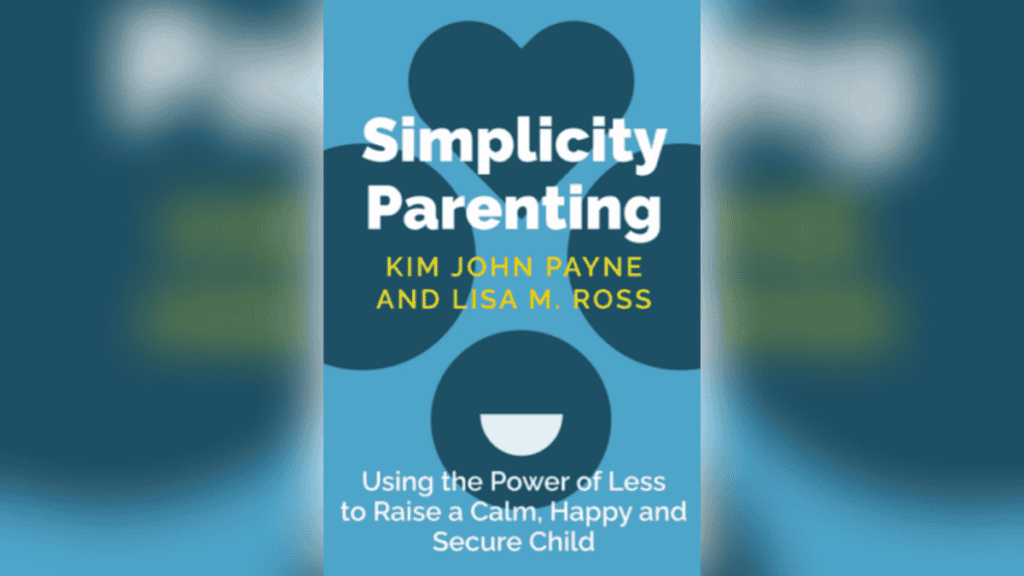The bond between parents and children is one of the most profound and influential relationships in life. A strong, healthy relationship not only fosters emotional well-being but also lays the foundation for a child’s future success and happiness. While parenting can be a challenging journey, numerous expert-authored books offer invaluable insights and strategies for building and nurturing these essential connections. In this article, we’ll explore some of the most impactful lessons from successful parenting books, focusing on essential elements for cultivating strong relationships with your children.
Communication is Key
Effective communication is the cornerstone of any healthy relationship, and the parent-child dynamic is no exception. In « How to Talk So Kids Will Listen & Listen So Kids Will Talk » authors Adele Faber and Elaine Mazlish provide practical tips for improving communication skills, such as active listening, validating feelings, and using « I » statements. By implementing these techniques, parents can create an environment of open dialogue, trust, and mutual understanding where children feel heard and valued.
Renowned psychologist John Gottman, in his book « Raising an Emotionally Intelligent Child » emphasizes the importance of emotional coaching, which involves acknowledging and labeling emotions, setting limits, and problem-solving together. This approach not only strengthens communication but also fosters emotional intelligence, a key component of strong relationships. By understanding themselves and others, kids can navigate social dynamics and conflicts effectively.
Setting Boundaries and Consistency
While love and nurturing are essential, setting clear boundaries and maintaining consistency are equally crucial for building strong relationships with children. In « Positive Discipline » Jane Nelsen offers strategies for establishing age-appropriate limits and expectations while fostering a respectful and collaborative parent-child dynamic. Consistency allows children to learn what behaviors will or won’t be tolerated in a supportive environment.
The book « Simplicity Parenting« by Kim John Payne highlights the importance of consistency in parenting, particularly in terms of routines, rules, and values. This consistent approach provides children with a sense of security and predictability, which in turn strengthens the parent-child bond and fosters trust. Knowing they can rely on parents to enforce the same standards each time simplifies kids’ world.

Building Trust and Empathy
Trust and empathy are foundational elements of any strong relationship, and the parent-child connection is no exception. In « Unconditional Parenting » Alfie Kohn emphasizes the importance of unconditional love and acceptance, which cultivates a sense of security and trust in children. When children feel heard and respected for who they are, they blossom.
The book « The Conscious Parent » by Shefali Tsabary encourages parents to develop empathy and compassion for their children’s experiences, emotions, and perspectives. By actively listening and striving to understand their child’s world, parents can create a stronger bond built on mutual respect and understanding where each feels seen.
Nurturing Connection and Quality Time
In today’s fast-paced world, it’s easy for parents and children to become disconnected. However, intentionally nurturing connection and prioritizing quality time together is essential for building strong relationships. In « The 5 Love Languages of Children » Gary Chapman and Ross Campbell highlight the importance of expressing love in ways that resonate with each child’s unique needs and preferences. Engaging in one-on-one time where you give full attention helps cement bonds.
The book « How to Really Love Your Child » by Ross Campbell emphasizes the power of quality time and meaningful interactions. By engaging in activities that foster connection, such as playing, reading, or simply being present, parents can strengthen their bonds with their children and create lasting memories. Make the most of everyday moments by silencing distractions that take focus away from each other.
Conclusion
Building strong relationships with your children is a lifelong journey that requires intentionality, patience, and a commitment to growth. The lessons from successful parenting books offer a wealth of insights and strategies for fostering open communication, setting appropriate boundaries, building trust and empathy, and nurturing meaningful connections through quality time.
By embracing these principles and consistently applying them in our daily interactions with our children, we can create a foundation of love, respect, and understanding that will not only strengthen our relationships but also equip our children with the emotional resilience and confidence to navigate life’s challenges. Remember that routines like bedtime stories provide regularly scheduled bonding periods to sustain closeness.
Remember, every family is unique, and the journey of parenting is not without its obstacles. However, by seeking guidance from expert resources and surrounding ourselves with a supportive community, we can continually grow and adapt our parenting approaches to meet the ever-evolving needs of our children. Focusing on progress over perfection prevents feeling overwhelmed – small steps lead to big changes.
Explore the resources mentioned in this article and continue your journey towards building strong, lasting relationships with your children. A strong parent-child bond is not only a gift to cherish but also a legacy that will shape the lives of generations to come.




































Thank you for your sharing. I am worried that I lack creative ideas. It is your article that makes me full of hope. Thank you. But, I have a question, can you help me?